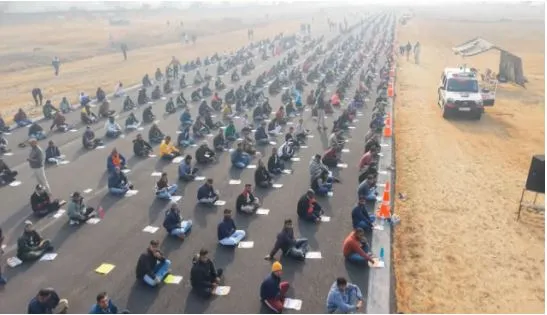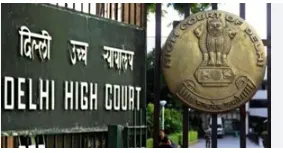

New Delhi, September 11: The Delhi High Court has held that the GST Department cannot access data from the seized CPU of an advocate without his presence and consent, warning that such actions could compromise attorney-client privilege and confidentiality.
The ruling came during a hearing of a plea by advocate Puneet Batra, who challenged a search at his Mayur Vihar office, where officials seized documents and electronic devices, including his computer. Batra argued that the device contained confidential client information unrelated to the probe into his client, M/s Martkarma Technology Pvt. Ltd., a gaming firm.
The GST Department, however, contended that Batra was not merely acting as legal counsel but was involved in managing the company’s affairs. The Bench of Justices Prathiba M. Singh and Shail Jain refrained from commenting on Batra’s role but laid down safeguards for the handling of the seized CPU.
The court directed that the device could only be examined in Batra’s presence, along with his representatives, IT officials from the Delhi High Court, and forensic experts from both sides. A complete cloning of the hard drive would be undertaken, and only files related to the gaming company and its associated entities would be shared with the GST Department.
It also ordered verification of any prior access to the CPU, including whether files were deleted, copied, or modified, along with corresponding dates and times. After examination, the CPU must remain sealed in GST custody and cannot be accessed without further court orders.
Emphasizing the sanctity of legal privilege, the Bench noted: “GST officials ought not to be permitted to open the CPU or computer of any advocate without his presence and consent, as the same could lead to a serious breach of confidentiality.”
The court also granted protection to Batra by directing that no coercive action be taken against him until further orders. The CPU inspection is scheduled for September 11–12, and the matter will be taken up again on October 30.